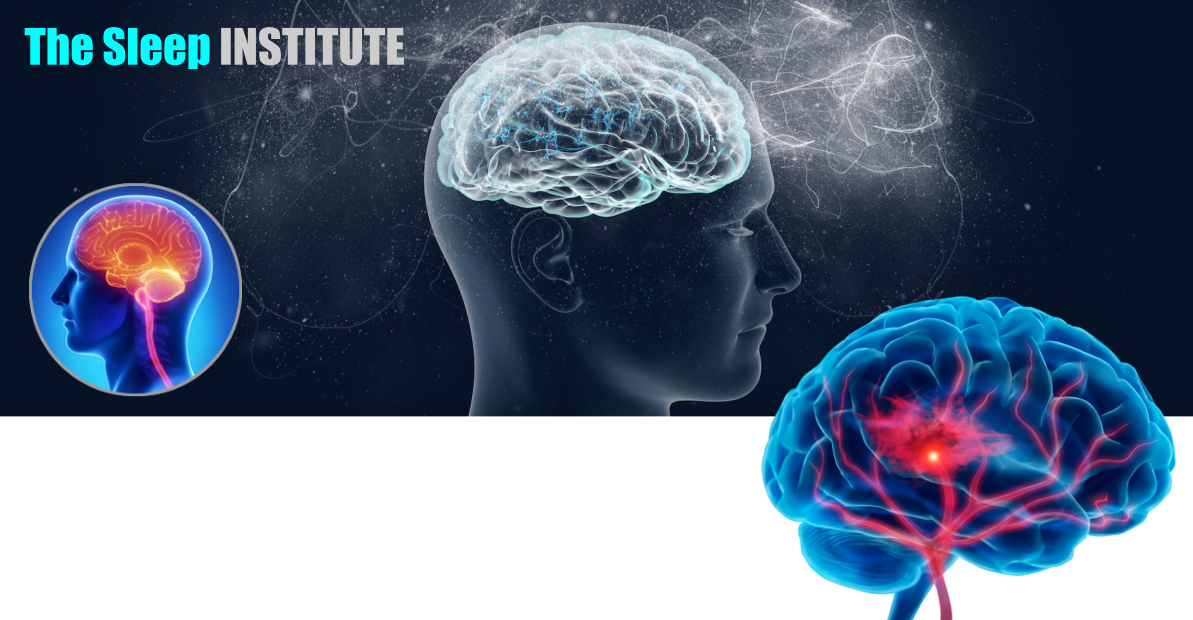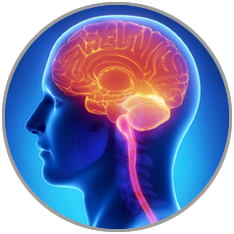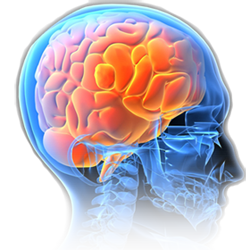The Sleep Institute will help you improve the quality of your sleep. Sleep is a major part of our lives. What we do know is that sleep has many health benefits and getting a good night’s sleep is the key to feeling energized every day. Understanding sleep can help you improve your health.



Evaluates a patient’s symptoms and medical history
Performs a physical exam including evaluation of blood pressure and vital signs and the health of the brain and nervous system
Orders and interprets specialized tests of the nervous system as well as general health tests
Diagnoses and monitors acute and chronic diseases and conditions that affect the brain and nervous system including multiple sclerosis, Parkinson’s disease, and seizures
Assists with specialized procedures on the nervous system, such as deep brain stimulation for Parkinson’s disease
Works closely with your primary care doctor and other specialists and members of your healthcare team to provide optimal care
Neurophysiology is a subspecialty of neurology. Clinical neurophysiologists may also be known by the following names: neurophysiologist, neurologist, brain doctor, brain specialist, and nerve doctor.
Seeing a neurophysiologist for early evaluation and diagnosis before more serious brain or nerve problems occur is the best way to reduce the risk of permanent damage, disability, and other complications. If you need an expert in brain and nervous system disorders, set up an appointment with an experienced neurophysiologist near you.
Your doctor may recommend you see a neurophysiologist for specialized tests and procedures if you have any of the following symptoms or conditions:
Ongoing headaches, weakness, dizziness or vertigo that does not get better with treatments from your primary care doctor.
Numbness, tingling, or trouble moving any part of the body.
Seizures.
Problems with sleeping.
You should also seek care from a neurophysiologist under the following situations:
You have symptoms your doctor believes to be caused by a brain or nervous system problem, such as problems with memory, speech, decision making, balance, coordination, or muscle control. You have a brain or nervous system condition or disease that requires ongoing monitoring and specialized care, such as Parkinson’s disease or multiple sclerosis.
A neurophysiologist diagnoses and helps develop a treatment plan for conditions that involve the health of the brain and nervous system. Conditions include:
Difficulties with memory and attention including early dementia, Alzheimer’s disease, and attention deficit brain disorder.
Epilepsy and other seizure disorders.
Headaches including migraine and cluster headaches
Movement disorders including Parkinson’s disease, tremor, and dystonia.
Neuromuscular conditions that affect the muscles and nerves including multiple sclerosis, amyotrophic lateral sclerosis (ALS, or Lou Gehrig’s disease), and muscular dystrophies.
Sleep disorders including sleep apnea, insomnia, and narcolepsy.
Vascular conditions including stroke and transient ischemic attack (TIA, or “mini-stroke”)
What does a clinical neurophysiologist test?
Neurophysiologists focus on performing and interpreting the following specialized tests:
Autonomic function testing to test such body functions as blood pressure, heart rate, bladder control, and sexual function.
EEG (electroencephalogram) to evaluate seizures, fainting, or blacking out.
EMG (electromyogram) to evaluate pain, numbness, tingling, or weakness in the muscles or nerves.
Evoked potentials to evaluate dizziness, numbness, tingling, and visual disorders.
Nerve conduction studies to measure the electrical activity of muscles.
Sleep studies to record brain wave activity during sleep and diagnose specific causes of sleep problems.



066 224 9017
Oatlands Medical Centre, Suite 4a
52 Fraser street, Howick, KZN.
Suite 2, New Block, St. Anne's Hospital, Pietermaritzburg
Suite 2, Block 5, Medi Clinic Hospital, Pietermaritzburg
